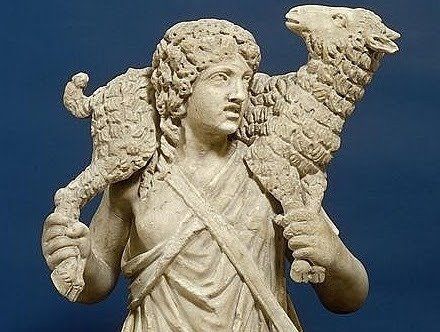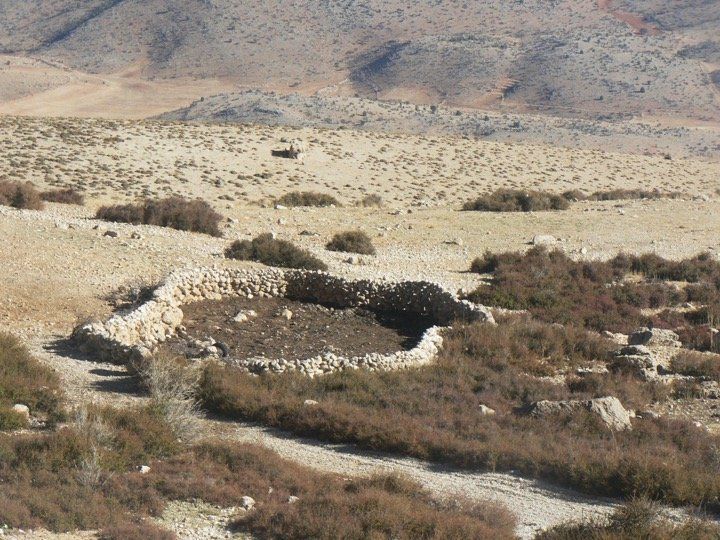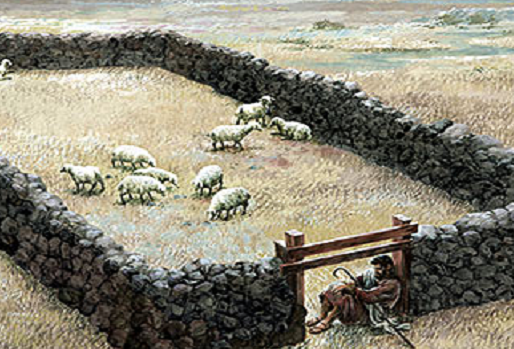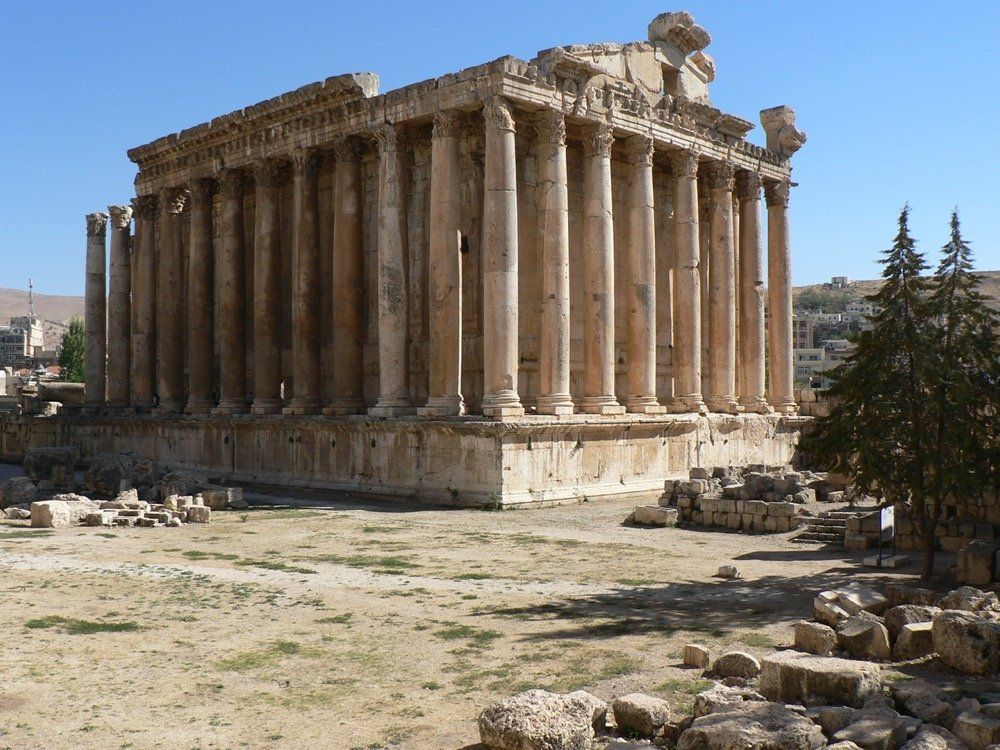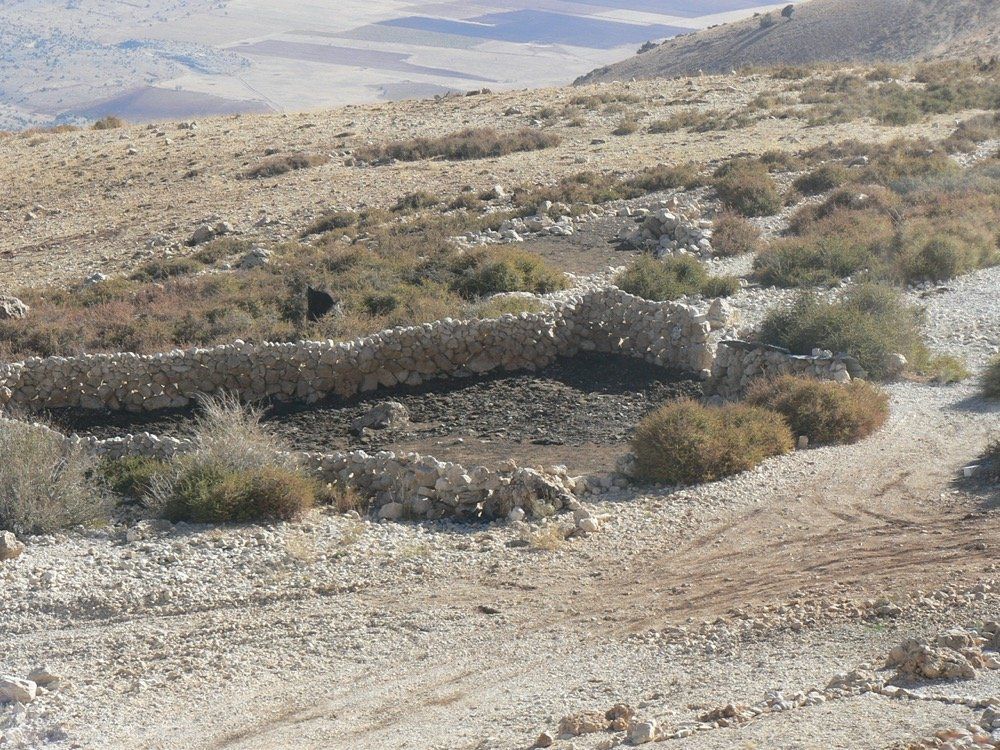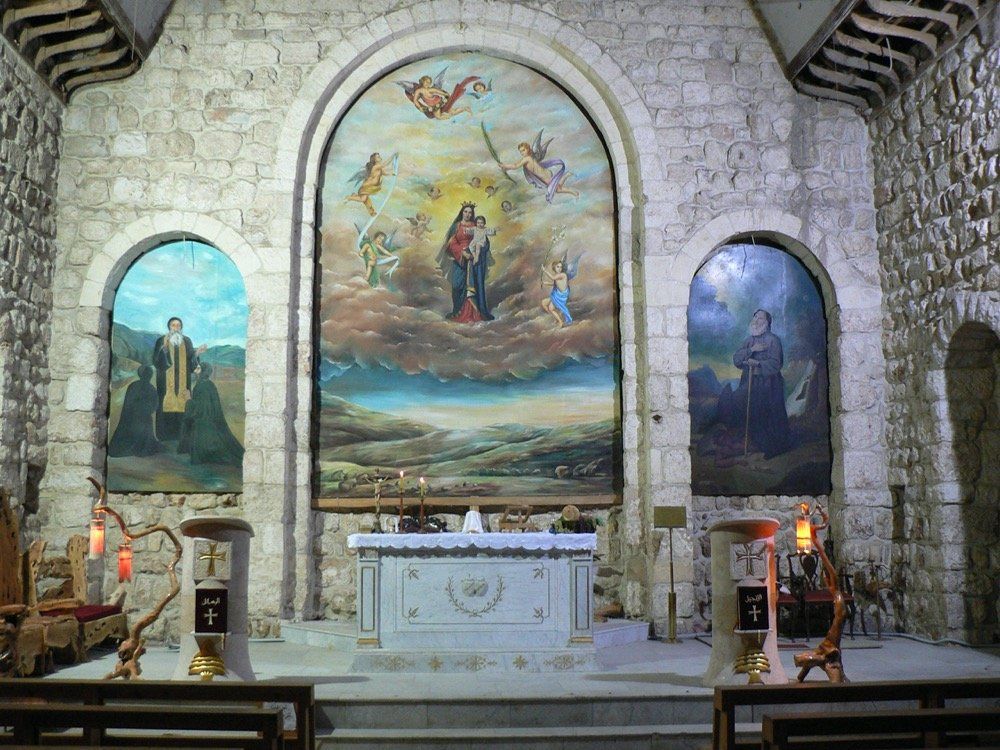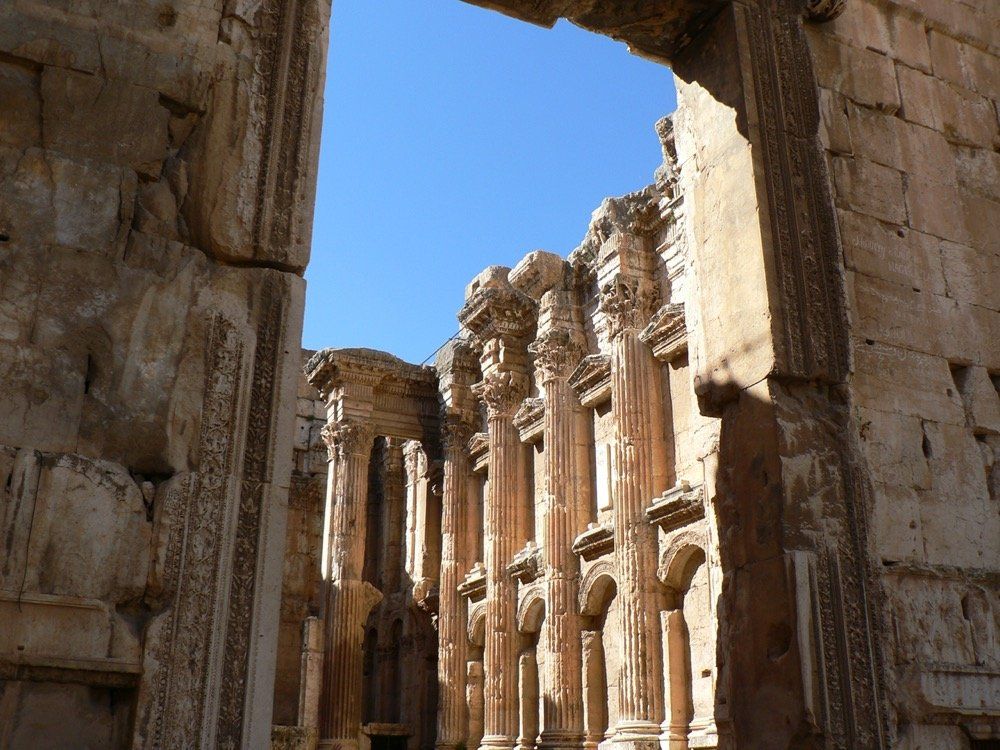1) So first, the shepherd is one who protects his flock from the wolves that stand threatening at the gate.
We don’t have to search too far to see how this Gospel image is a present reality in our day. It has been a very hard decision of bishops and parish priests to close their church doors, but in the context of today’s pandemic they are simply being Christlike in taking the measures they deem necessary to stop the coronavirus wolf attacking the flock. It is hard because the flock is fearful, penned in their homes, and not free to graze on the green pastures that would most give strength, the sacraments of the Church, the banquet that is laid before us in the Eucharist.
But we have to remember that if Christ is the Gate then each of us is Christlike when we are like bouncers at the door, keeping each other safe from harm. Even if it is disagreeable or even uncomfortable to be penned in and have our life restricted we can thank God for the spiritual resources that we do have. We are not separated from Christ or from his Church which goes far beyond the walls of a building.
________________________
In the
Rule of St Benedict
the
Porter
of the monastery is such a beautiful figure, an elderly man standing at the door of the monastery, a source of blessing for all who pass by, another ‘Benedict’, if you like, whose name from bene ('good') and dicte ('speak'), literally means one who speaks well, who gives a blessing. The porter guards the door to make sure the community is safe and protected from unwanted visitors, but he is also the conduit that passes the blessings of the monastery out to whomsoever he meets. Many people are using this opportunity to reach out to friends and neighbours, to give a kind word and check that they are okay.
We haven’t got a Porter at Belmont. Rather each of us in different ways, according to our different tasks, are to become a channel of peace and goodwill to those outside. And perhaps to those inside too.
________________________
2) Which brings me to the second key concern of Christ that we be protected from thieves and brigands within the fold. Who are they? They are the ones who have crept in by any other way than Christ himself. They are ones with counterfeit voices, who try to deceive and lead the flock astray.
The truth is that all of us are sometimes thieves and brigands to each other when within the fold we reveal ourselves to be people who do not listen to the voice of the true Shepherd, and not hearing him fail to live in imitation of him. And let’s face it, sometimes we do not, even as monks. The thief steals and kills and destroys. Sometimes we rob each other of joy when we are disagreeable, bad-tempered, angry. We kill each other’s reputation when we back-stab and gossip and damage another’s good name. We destroy the life of the flock when we live counter to Christ and his values, when we give bad witness, when we suck the oxygen from the air and put ourselves at the centre of the world. We maim, we wound, and imperceptibly we kill.
But an alternative is set before us as we read the Acts of the Apostles in these days of Eastertide. To be the flock that listens to the voice of Christ and generous with what we have. We are asked to reflect in this Easter season what it means to be a community animated by the Spirit of the Risen Christ, a community that attracts, is generous, open and welcoming.
There is a time to close the gates, but there will be a time to open them again.
The present situation is taxing for many people in different ways. But if we, as a monastic community, live this life of lockdown well, we may have more to offer those currently left outside the gate, who long to be back here again to experience the goodness and kindness that flows from this altar and wants to flow from us too as channels of God’s goodness.
Our present situation might seem like a curse, but it could become for each of us a blessing if we can learn and grow from this experience, find the fullness of life that the Shepherd brings. And then we can become, each of us, porters, carriers of that blessing to the outside world.

